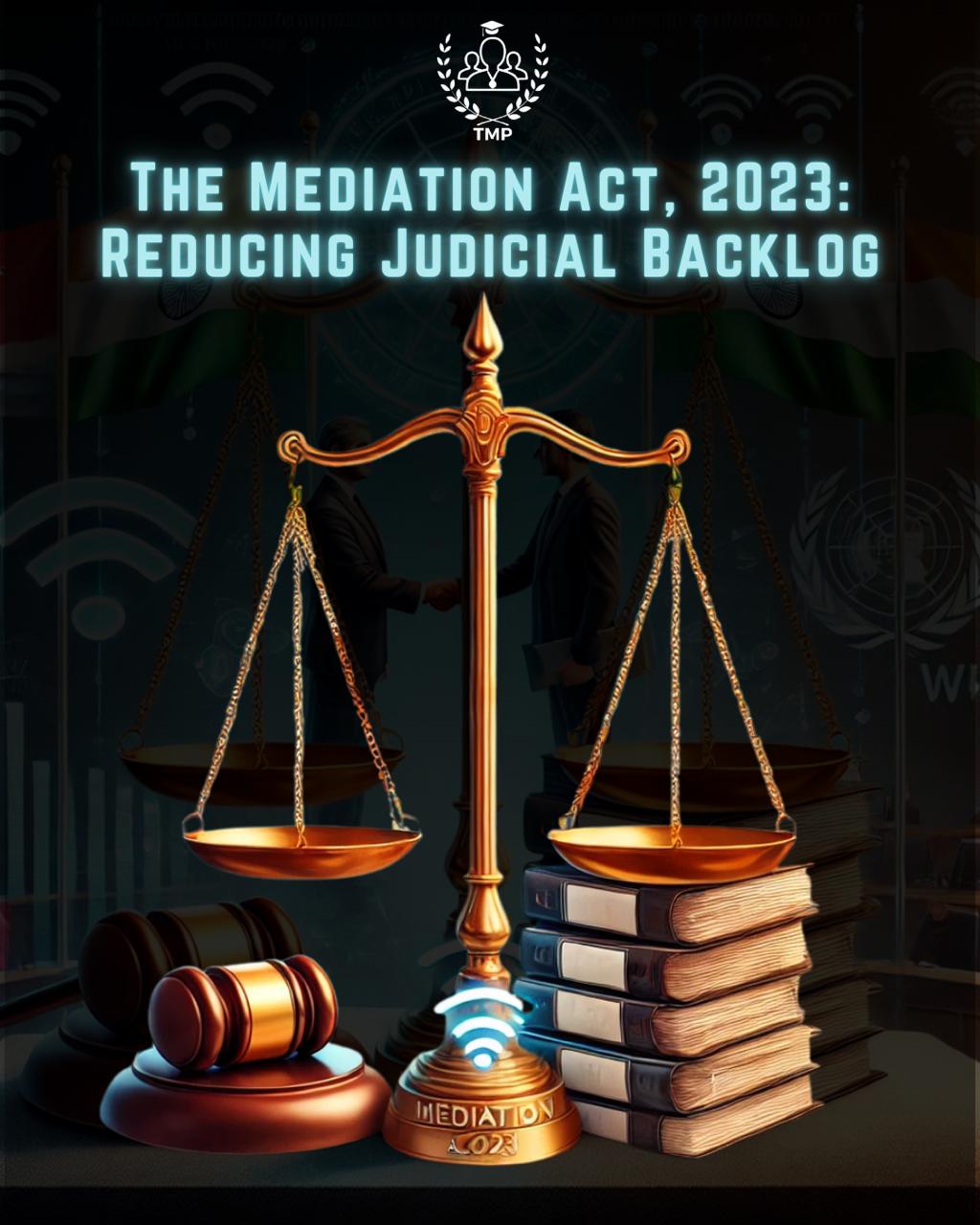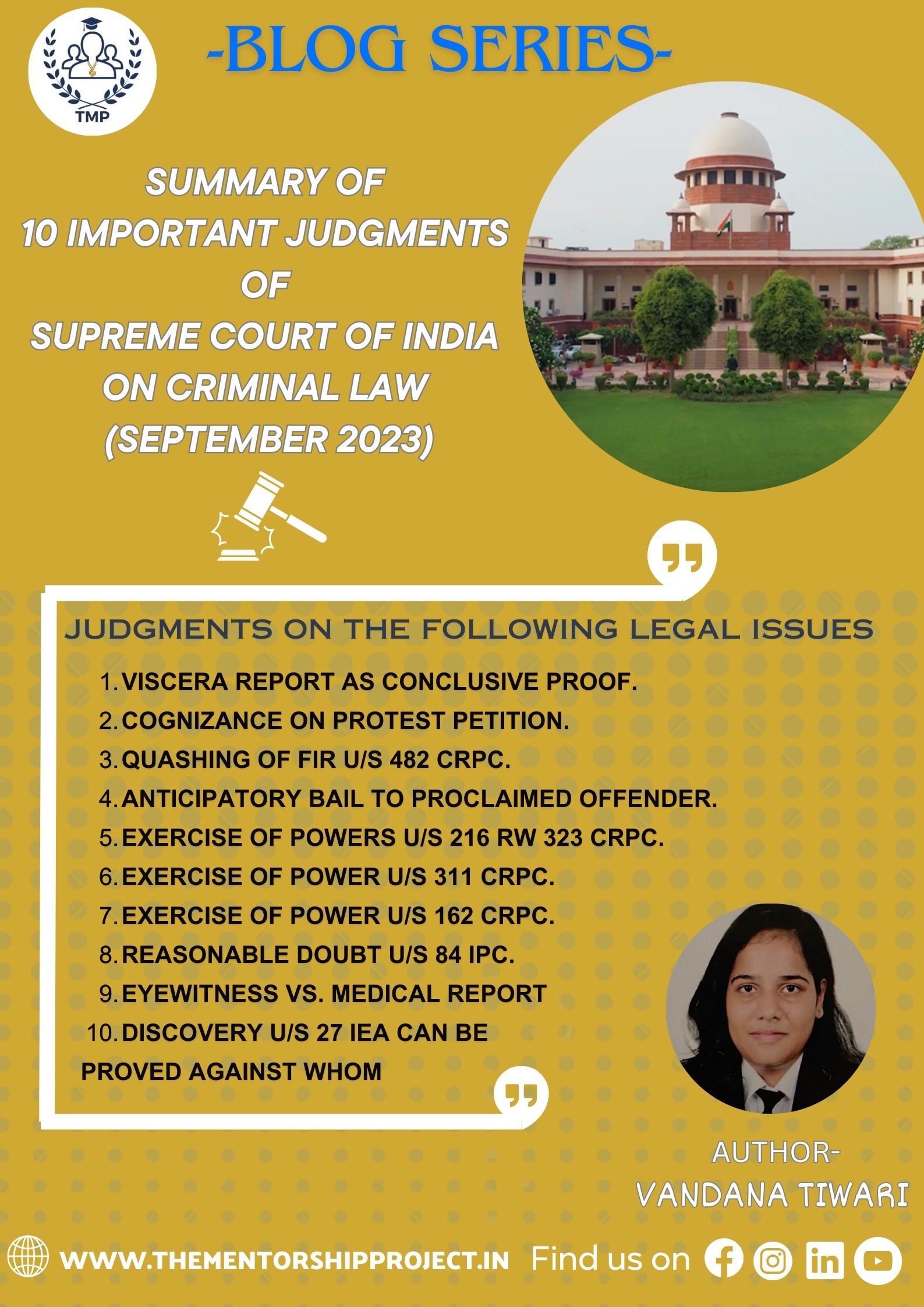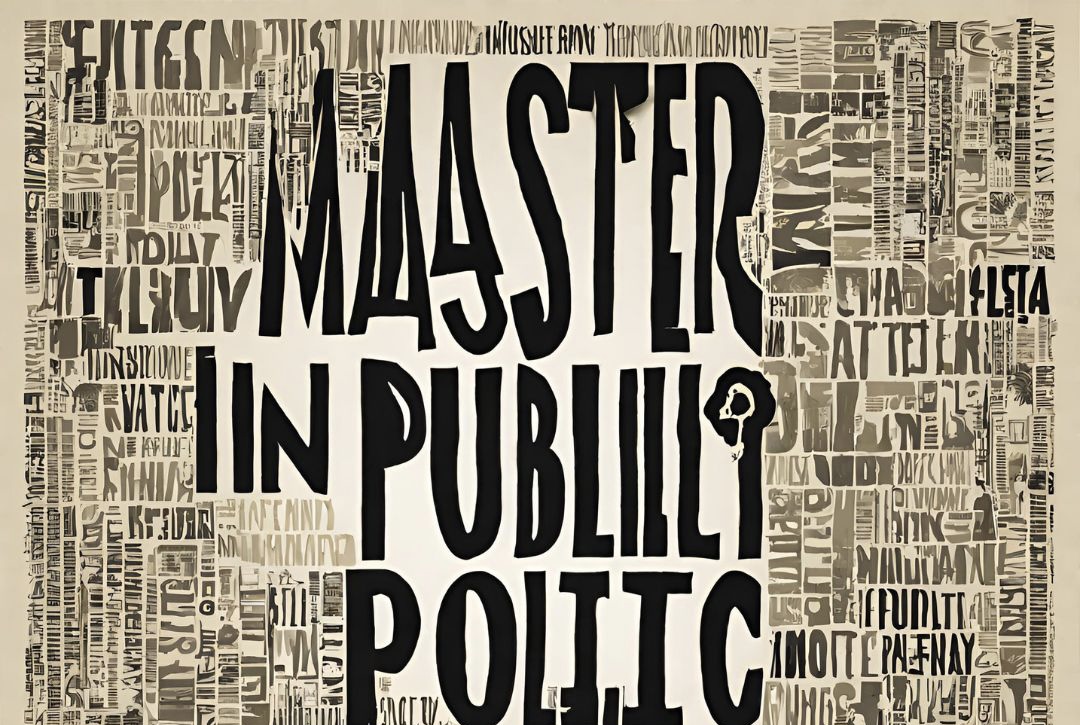April 11 , 2025
The Mediation Act, 2023: Reducing Judicial Backlog
Introduction
“Lex dilationes abhorret-Justice delayed is justice denied” it is on these principles that the mediation act precludes a character to serve the Indian Judiciary with the curvature of emancipation from a extraneous pile of backlog cases. Based on the National Judicial Data Grid, over 4.5 crore cases are stuck in courts in India, and cases linger on for decades without disposal.[1] Against this scenario, the Mediation Act, 2023 ("Act") is a major step towards institutionalizing mediation as the first choice of dispute resolution.. The basic aim of the act is to provide amicable settlement to aggrieved parties, reduce the burden on the judiciary and to provide an enforcement mechanism for mediated settlements.
Global Standards and India
It is imminent to note that the Mediation act is a manifestation of the best global practices. It borrows various things from a plethora of various juridical playgrounds around the world. Singapore, which recently sprung up to an ADR marvel with its SIAC being the most sought-after arbitration center in recent times, does not fall far behind in mediation. The Mediation Act replicates Singapore’s approach by granting Mediation settlement agreements (MSA)s the status of a court decree, thereby ensuring swift enforcement and compliance and Singapore's structured mediation framework, overseen by the Singapore Mediation Council, likely influenced India's establishment of the Mediation Council of India (MCI) under Section 21 of the Act.[2] The United Nations Commission on International Trade Law (UNCITRAL) Model Law on International Commercial Mediation, 2018 provides a standardized framework for cross-border mediation. The Indian Mediation reflects key elements of this model law. The Act’s provisions on the confidentiality of mediation proceedings (Section 22) and the enforceability of MSAs (Section 27) are consistent with the UNCITRAL Model Law. The recognition of online mediation and the facilitation of cross-border enforcement align closely with the principles outlined in the UNCITRAL framework.[3] The United Kingdom does not fall far behind in this loop it has established a strong culture of court-connected mediation through the Civil Mediation Council (CMC). The UK model encourages pre-litigation mediation in civil and commercial cases, which has contributed to reducing court congestion. India’s introduction of pre-litigation mediation under Section 6 of the Mediation Act mirrors the UK’s emphasis on resolving disputes before they escalate into full-blown litigation. The Act’s focus on time-bound mediation (completion within 180 days) reflects the UK’s structured and disciplined approach toward mediation, plus many examples include from countries and organizations like the United States, The EU Directive on Mediation in Civil and Commercial Matters (2008/52/EC)[4] etc.
Key Features
The Mediation Act of 2023 provides a formal legal structure to mediation in India to handle domestic and international disputes. The Act is grounded on international best practices while addressing local challenges to create a robust platform to facilitate alternative dispute resolution (ADR).
The Act includes pre-litigation mediation, mediation via the internet, and community mediation within its definition of mediation. The Act applies to civil and commercial disputes and to some family and property disputes but not to criminal cases and cases of public policy. (Mediation Act, 2023, § 2). [5]The broad scope of the Act is a sign of the legislature's intent to facilitate out-of-court resolutions of a wide range of disputes.
Pre-litigation mediation is one of the most significant aspects of the Act. The provision requires the parties to attempt mediation before resort to the courts in civil and commercial matters.[6] This is intended to reduce the stream of cases to the courts, with the hope of resolving the disputes at the initial stage in an amicable manner, Furthermore The Act establishes the Mediation Council of India (MCI), the statutory council that regulates and oversees mediation practice.[7]The Council is empowered to prescribe the standards of qualification of mediators, certify providers of mediation services, and oversee compliance with ethical and procedural standards. This institutional framework offers consistency and professional standards to mediation practice. The law provides legal validation to mediated settlement agreements (MSAs), which are made enforceable as court orders.[8]This ensures that the confidence of the parties is created since the settlements that are achieved through mediation are given the same legal efficacy as that of a court judgment.
Recognizing the need for modern and convenient dispute resolution processes, the Act expressly makes provisions for mediation to be conducted on the Internet.[9]This enables parties to mediate through the Internet, reducing the obstacles of logistics. The Act also includes community mediation, where disputes affecting the peace and harmony of the community can be resolved through panels of mediators from the community itself.[10]The statute ensures that the mediation communication remains confidential and is not admissible as evidence in subsequent court cases.[11]This assurance enables the parties to communicate frankly and truthfully without the risk of legal repercussions.
Conclusion
The Mediation Act, 2023 is a significant step towards the resolution of India's case backlog and the promotion of the culture of friendly dispute resolution. Adopting the best from successful foreign models and adapting it to India's socio-legal environment, the Act establishes a firm foundation of alternative dispute resolution (ADR). Its success will depend on successful implementation in the way of awareness among the population, capacity building, and professionalization of the mediation process. If these challenges are successfully overcome, the Act has the potential to transform India’s dispute resolution scenario with quicker, more efficient, and less expensive resolution of disputes.
(Author: Aparajita Banerjee, Student of Faculty of Law, Delhi University. The views expressed are personal.)
[1] NAT'L JUD. DATA GRID, https://njdg.ecourts.gov.in (last visited Mar. 17, 2025).
[2] Mediation Act 2017 (Sing.), https://singaporemediationcentre.com.
[3] UNCITRAL MODEL LAW ON INT'L COM. MEDIATION (2018), https://uncitral.org.
[4] Council Directive 2008/52/EC, On Certain Aspects of Mediation in Civil and Commercial Matters, 2008 O.J. (L 136) 3-8 (EU), https://eur-lex.europa.eu.
[5] The Mediation Act, 2023, No. 32, Acts of Parliament, 2023 (India) §2.
[6] Id.§ 6
[7] Id § 21
[8] Id § 21
[9] Id § 32
[10] Id.§ 34
[11] Id § 22









